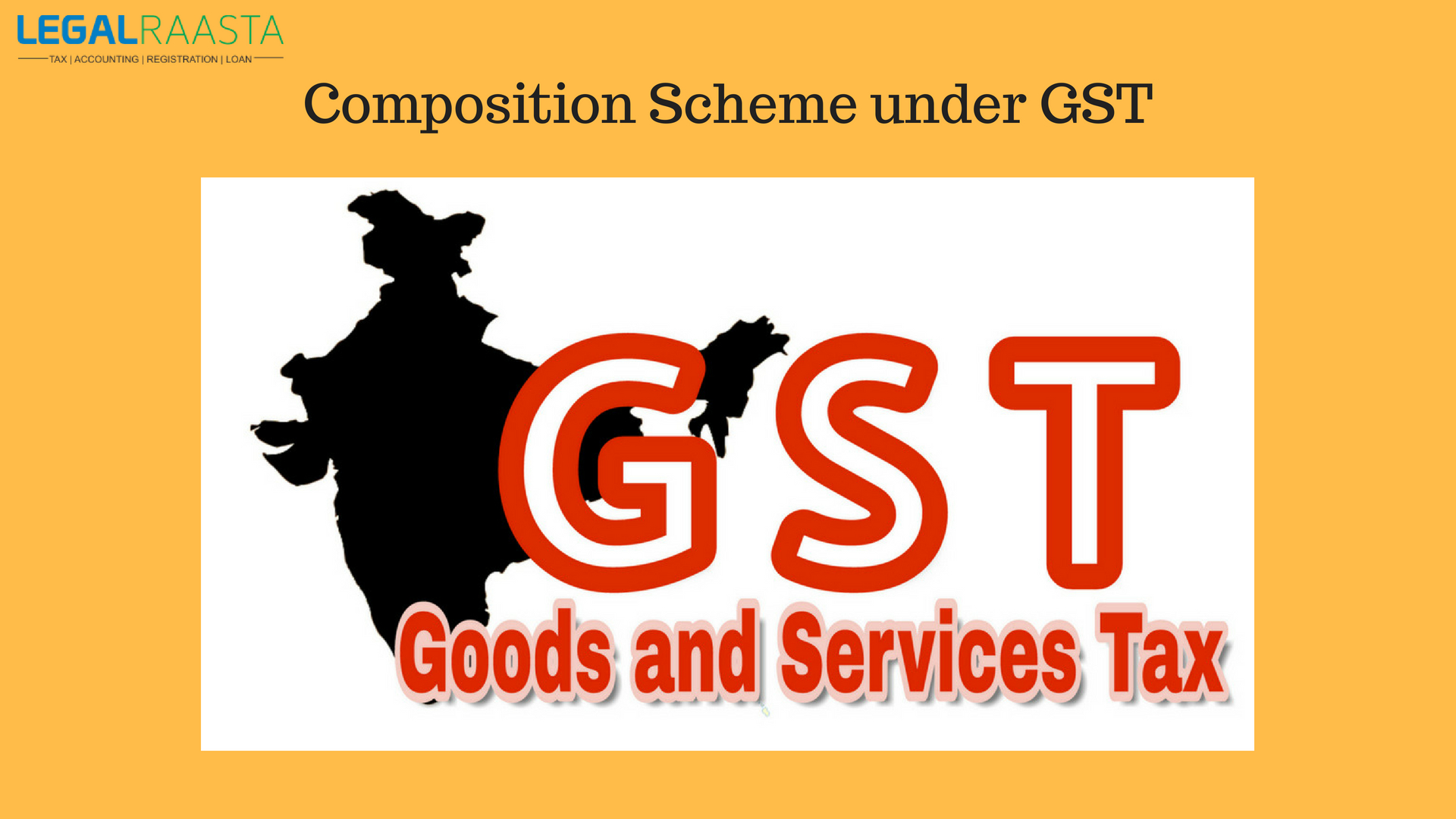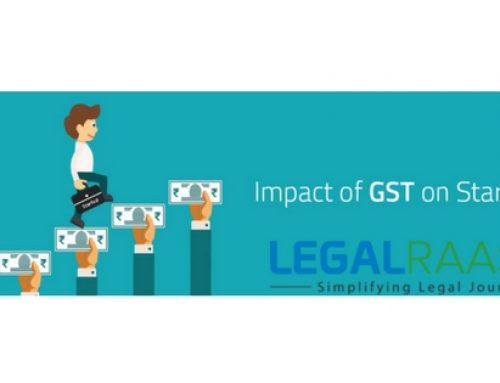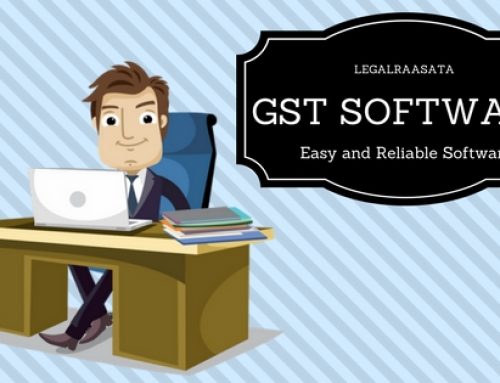The method of paying taxes can be a bit tiresome. It takes an ample amount of time to file GST periodically, as per the set norms. Hence, the introduction of the Composition Scheme under GST provides a cushion to the taxpayers. This scheme enables the taxpayers to easily pay their taxes, without proving to be a burden on them. It proves to be a boon for the small businesses, which has made the compliance procedure easier. However, not everyone is eligible to get benefits under the Composition Scheme. Features, eligibility and the limitations of the Composition Scheme are discussed below.

Features of Composition Scheme under GST
- Only those businesses that have an annual turnover of INR 1.5 crores can become beneficiaries of the scheme.
- This scheme is not applicable to those who provide services. Only the supplier of goods can apply for registration under this scheme. Hence, the manufacturer of goods and dealers come under its ambit. Although, there is an exception to this rule. Restaurants can also come under its purview, provided that they are not putting alcohol for sale.
- Manufacturers and Traders have to pay a GST of 1% in total. Whereas, the Restaurant owners shell out 5% of their turnover as GST. Hence, the tax liability significantly reduces than the regular taxpayers.
- It is not a necessity for the beneficiaries to maintain records.
- There is a requirement to only file GST returns 4 times in a year under this scheme. Therefore, it paves a way for easy GST compliances for the taxpayers. The beneficiary only has to pay the taxes quarterly.
- All the businesses linked with the same PAN fall under the purview of the Composition Scheme together.
- The beneficiaries are not dependent upon the Input Tax Credit.
- In order to apply for fresh registration under the scheme, FORM GST REG-01 must be filed.
Eligibility of Composition Scheme under GST
- An annual turnover of less than INR 1.5 crores.
- Only the manufacturers and traders of goods can avail the scheme.
- The taxpayer cannot be either a casual or non-resident.
- Only those businesses that deal with manufacturing of goods and dealing with them, are eligible for the scheme. From the services sector, only the Restaurant owners who do not trade in alcohol are eligible.
- Supply of goods of the business should only take place within a particular state.
- The beneficiaries can only use the offline means to sell products. Those businesses that trade using e-commerce are barred from the scheme.
- A necessity for the businesses to clearly state on their signboards that they are “Composition Taxable Person”.
- Businesses supplying goods which fall out of the ambit of GST cannot become beneficiaries.
- Manufacturers of items such as tobacco, pan masala and ice cream are ineligible.
Limitations of Composition Scheme under GST
- A business registered under the Composition Scheme is not eligible to avail Input Tax Credit.
- The bill payment of the customers of these businesses does not include the GST. Hence, the liability for paying GST falls directly on the business rather than the customers.
- It may prove to be a curse for those who are registered under the scheme, but are not eligible for it. If found out, such dealers are liable to pay a penalty of double their tax liability.
- It does not enable the beneficiaries to deal in inter-state trade. Therefore, it restricts the expansion and the growth of the business. The scheme is only appropriate for those who partake dealings within the limitations of a particular state.



